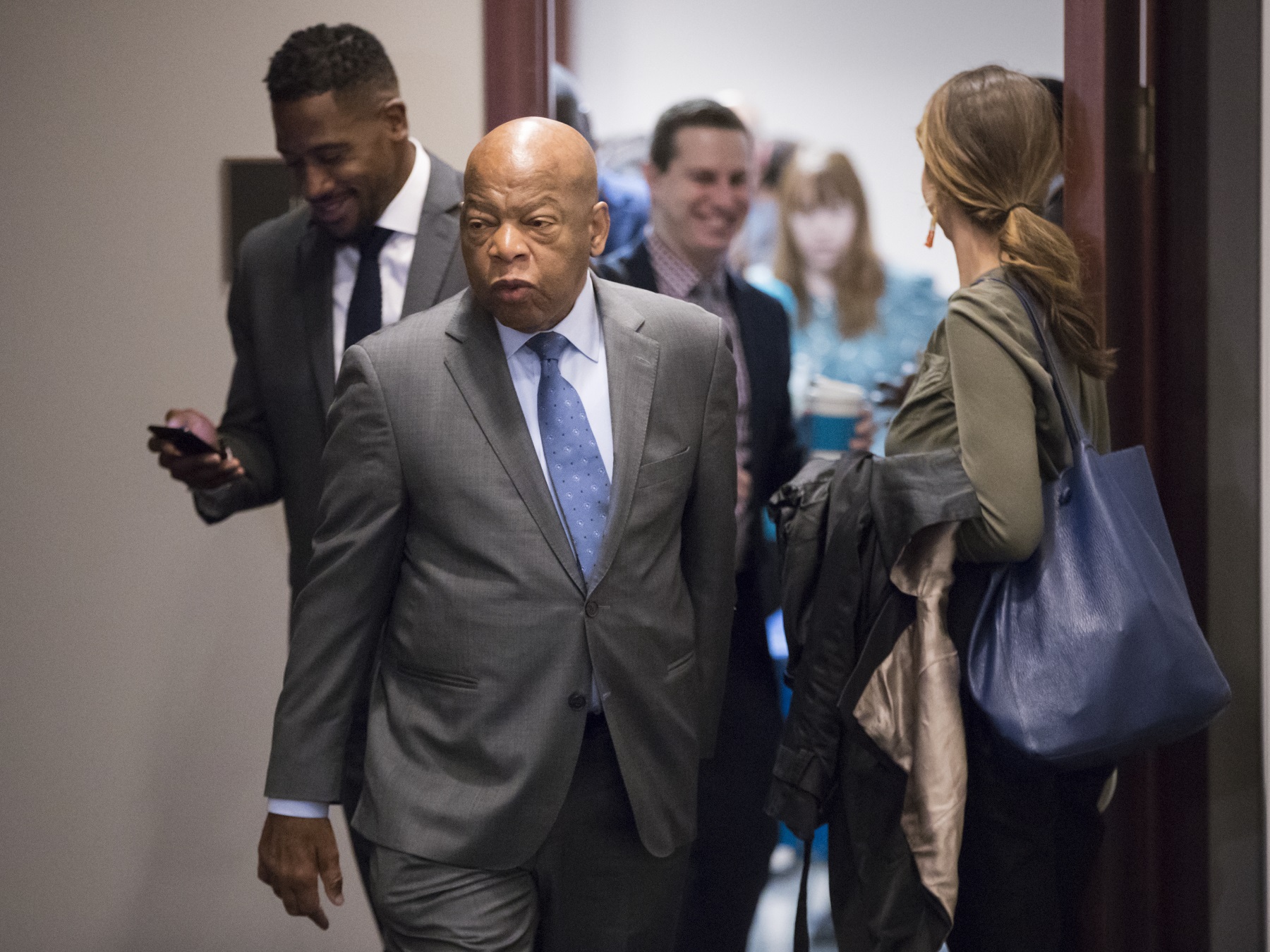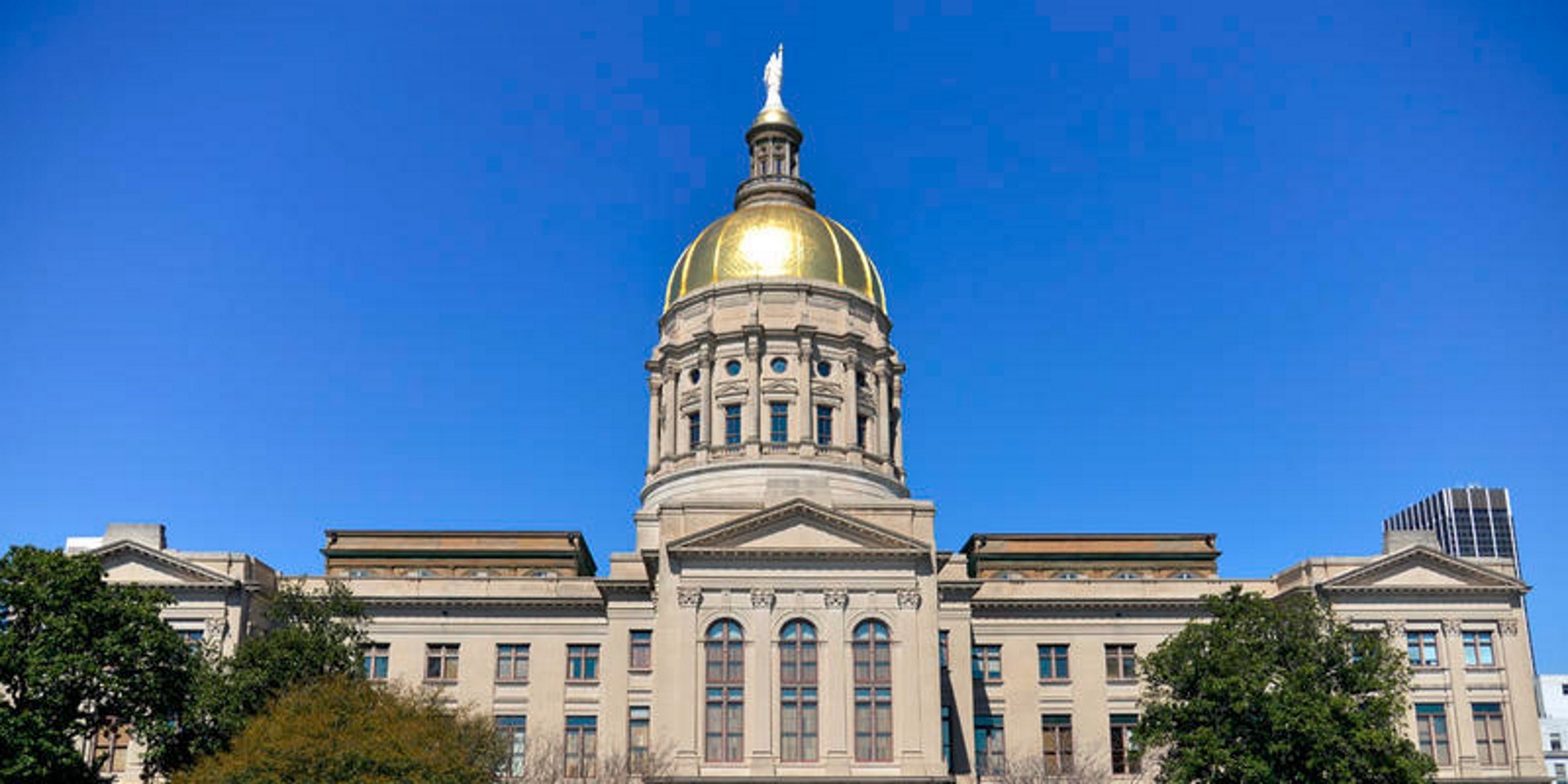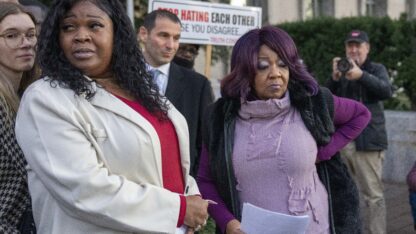Democratic U.S. Rep. John Lewis of Georgia will speak at the Mississippi Civil Rights Museum, after refusing to join President Donald Trump there last month.
Like us on Facebook
A private group called Friends of Mississippi Civil Rights Inc. announced Tuesday that it will give awards to Lewis, who helped lead the historic 1965 march across the Edmund Pettus Bridge in Selma, Alabama; and Democratic Rep. Bennie Thompson of Mississippi, who also was active in the civil rights movement.
Events are set for Feb. 23 and 24 at the museum, which adjoins the Museum of Mississippi History in downtown Jackson.
When Mississippi Republican Gov. Phil Bryant invited Trump to the Dec. 9 opening of the two museums as part of the state’s bicentennial celebration, Lewis called it an “insult” to people who worked for racial equality.
Trump took a private tour of the museums and spoke for about 10 minutes to a group of invited guests inside, including some civil rights veterans.
People protested a few blocks from the museums, with some chanting, “No Trump, no hate, no KKK in the USA.” NAACP national President Derrick Johnson and Jackson Mayor Chokwe Antar Lumumba also skipped the museums’ opening because of Trump and said at an alternate event that day that they looked forward to a “grander opening” later.
Lewis will give a lecture Feb. 24 at the civil rights museum, which features a gallery of black-and-white jail mug shots of Lewis and other Freedom Riders arrested in 1961 in Jackson while challenging segregated interstate buses.
The Museum of Mississippi History takes a 15,000-year view, from the Stone Age through modern times. The Mississippi Civil Rights Museum concentrates on the intense span from 1945 to 1976. The two museums are funded by state money and private donations. They attracted more than 10,000 visitors the first weekend they were open and an additional 25,000 during the rest of December.









